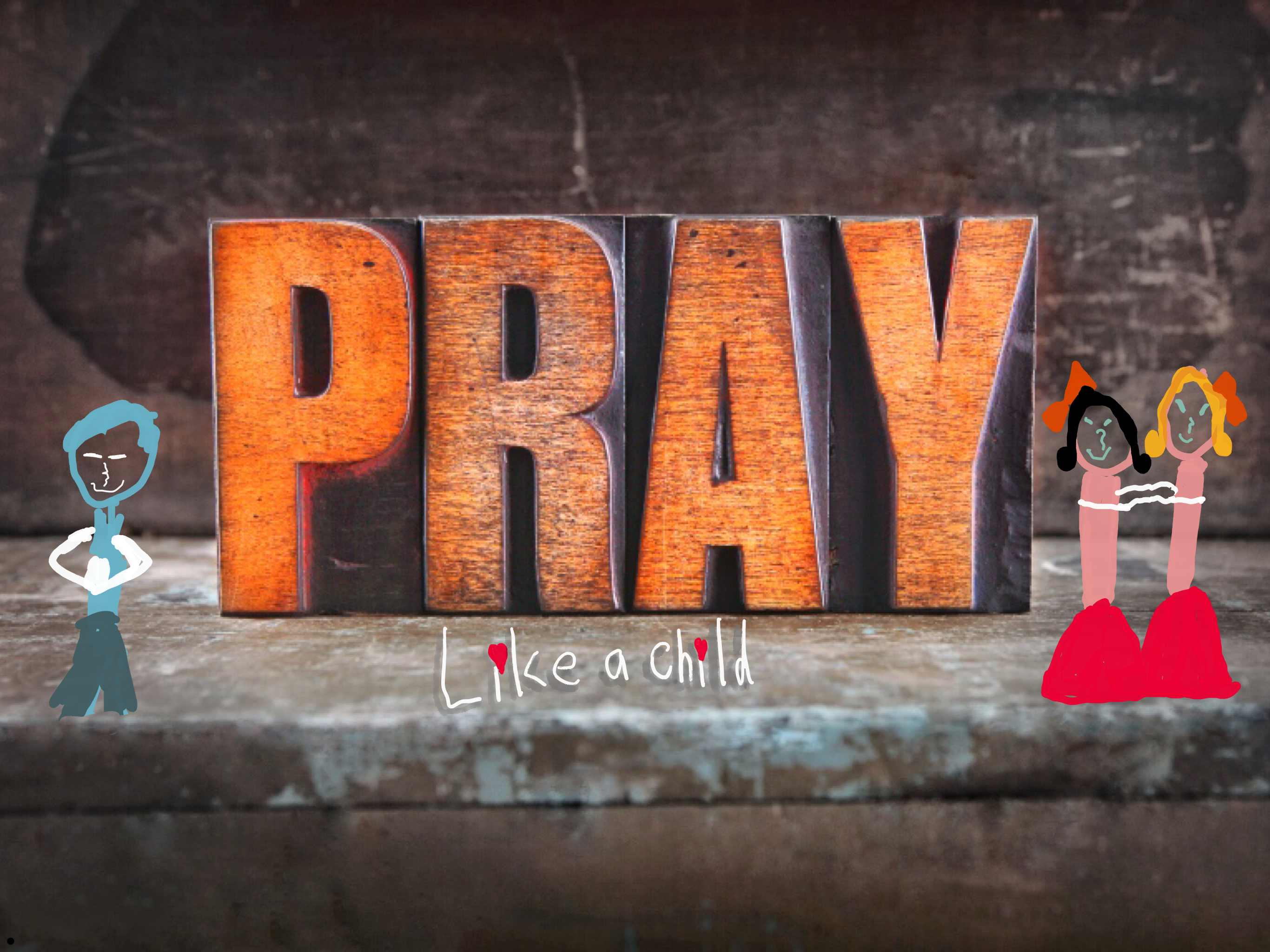
Week 6 Study Guide
Mark 10:13-16 (ESV)
13 And they were bringing children to him that he might touch them, and the disciples rebuked them. 14 But when Jesus saw it, he was indignant and said to them, “Let the children come to me; do not hinder them, for to such belongs the kingdom of God. 15 Truly, I say to you, whoever does not receive the kingdom of God like a child shall not enter it.” 16 And he took them in his arms and blessed them, laying his hands on them.
There is perhaps no soul on earth that is more trusting than a young child’s. There is probably no person a child trusts more than his/her mother and father. How else could you explain a child believing in a giant bunny that delivers eggs on Easter, or a large, bearded, man in a red suit that comes down your chimney to deliver gifts. There is nothing that a child will not do if their Mother or Father says it is safe, and/or fun to do (at least the first time). When Mom or Dad says something is so, then it is so. When Mom or Dad says it is possible then it is possible, period. Young children trust their parents without hesitation.
Children trust their parents without hesitation until the first time they learn that maybe their parents cannot be fully trusted. The moment you realize that Santa was a complex, well thought out ruse. It is a child’s first experience with discovering that their parents cannot always be trusted that sows the seed of cynicism. Cynicism is the enemy of trust, faith, and hope. Parents do not intend to be the first experience their child has with cynicism, it just happens. This is the opposite of what God wants for His children. Jesus says God wants us to come to him with the trust and attitude of a child. God wants us to shed the distrust, suspicion, and disbelief that we have layered upon ourselves as we have grown up and matured. He wants us to pray to Him with the knowledge that His promises can be trusted. He will never lie to you; He will never deceive you.
Proverbs 3:5-6 (ESV):
5 Trust in the Lord with all your heart,
and do not lean on your own understanding.
6 In all your ways acknowledge him,
and he will make straight your paths.
One of the ways we acknowledge (v. 6) Him is though our prayer, trusting in God by sharing our pain, our hopes, our failures, and our joy. Proverbs tell us exactly the kind of child-like trust God desires from us. We are not to depend upon our own rationale and understanding of how things work. Like an innocent child believes his parents can do everything they promise, we are to believe in God’s promises. The difference is God is perfectly good, perfectly trustworthy, all-knowing, and all-powerful, so what he says can be completely and fully trusted. This is an instance where a childlike faith and belief will not turn into cynicism. He will not disappoint us. We can pray to God trusting that he hears us, trusting that He makes all things work together for good, trusting that He loves us so much that He indeed gave His only son.
Romans 15:13 (ESV):
13 May the God of hope fill you with all joy and peace in believing, so that by the power of the Holy Spirit you may abound in hope.
Paul prays for us that we trust in a “God of hope” and thereby be filled with joy and peace. God desires for us to pray to Him with a child like trust. He wants us to know that we can trust like a child again. No matter how good the intentions are, it is heartbreaking the first time you tell your child that you lied about something (Santa, Easter Bunny, etc.). Seeing the look of exasperation and then betrayal on their faces is shattering to a parent. God, in His infinite wisdom and perfect nature will never have to see that look on the faces of His children. He stands firm as the perfect Father to all of His spiritually adopted children.
Study and Reflection Questions:
1. Think back to your childhood. What were some things that you trusted your parents were being truthful about, but turned out not to be the case?
2. Regarding the things your parents were untruthful about, how did you discover the truth? How did you feel immediately after?
3. In Proverbs 3:5, how much trust do you think God is asking of us? In your own word, what is He asking us to do with our intellect, our “understanding?”
4. Do you have cynicism toward trusting in things that you (and science) cannot prove empirically? Why or why not?
5. What do we risk by trusting the God we find in the Bible? What do we risk by praying to Him with the kind of trust that a child demonstrates?
6. In Romans 15:13 what is the relationship between believing (i.e. trusting), joy, peace, and hope?
7. As a parent (pretend, if you have to) would you hope that your child trusts you completely? If it were within your power, would you desire to never to break this trust? Why?
